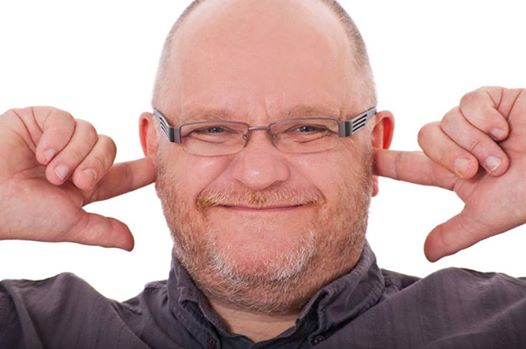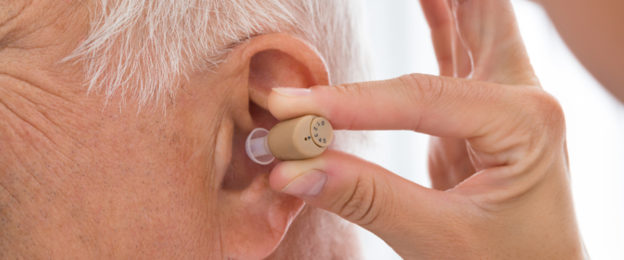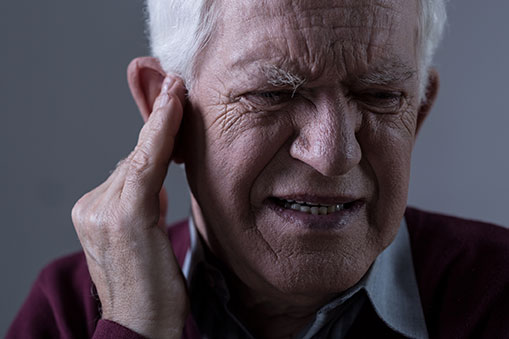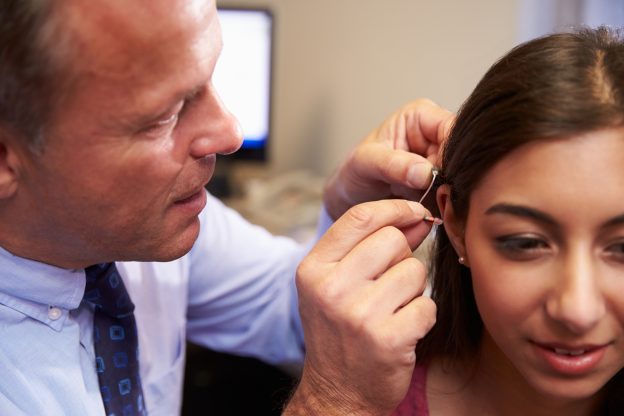Does your hearing
loss affect your ability to drive safely? Hearing loss, while
often inconvenient and frustrating, can also be quite risky when you
are behind the wheel of a car. You may be unable to hear someone
honking or yelling at you to possibly get out of the way of danger.
The sound cues we normally rely on while driving, such as horn
honking or the ringing of a bicycle bell, become a lot harder to
detect with hearing loss and they could even go unnoticed. We want to
share some things that can help you to navigate the road safely if
you’re hard of hearing.
Get your
hearing treated.
This is the best way to help you drive safely. If you haven’t had
your hearing checked, but you believe you may suffer from hearing
loss, don’t wait any longer to get it checked out. You may need
hearing aids, which will greatly increase your hearing and safety on
the road. If you already wear hearing aids, make sure you always wear
them while operating a vehicle and continue to get regular hearing
aid checkups.
Avoid
distractions. Do not
try to multitask while on the road. Put down the phone! It’s a
widely known fact that texting and driving can lead to accidents, and
trying to talk on the phone can be extremely distracting because
you’re busy straining to hear what the person on the phone is
saying. If you’re in a situation where you need to call someone or
address a situation, pull over and deal with it before attempting to
do so while driving.
Keep the music down. Not only does loud music damage your hearing, but it’s also a big distraction that makes it impossible to hear sound cues from the outside environment. Loud music can cause you to miss ambulance or police car sirens that are near by. These are noises you do not want to miss in case you need to move your car out of the way.
Pay
attention visually. It’s
always important to keep your eyes on the road, but if you suffer
from hearing loss, it’s extra important because you need to use
visual cues to make sense of your external environment. Pay close
attention to traffic signals and always use your rearview mirror.
Hearing loss makes it harder to pinpoint the relative distance of
moving vehicles, so using your eyes carefully is important for
protecting yourself and those around you.
If you believe
you’re suffering from hearing loss please call Evolution
Hearing at our Charlottesville, VA location, 434-260-8007 or at
our Raleigh, NC location, 919-670-3258 to schedule an appointment
today.





